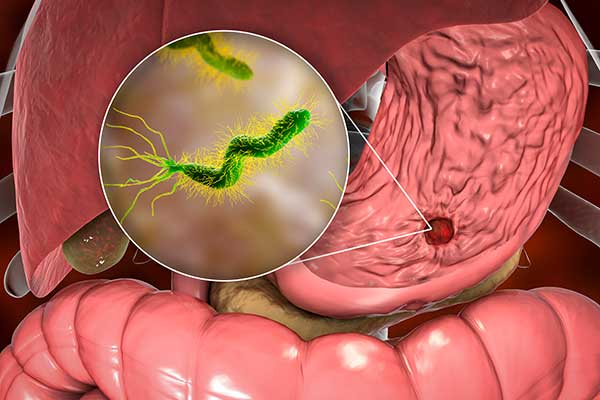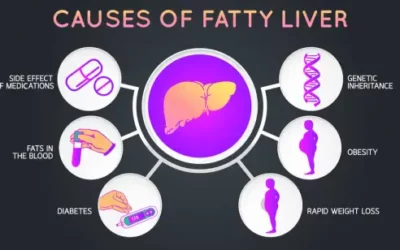If a patient isn’t treated for H. pylori, there is a risk of the patient developing a peptic ulcer. Peptic ulcers are painful sores that form on the lining of the stomach, small intestine, or esophagus. Peptic ulcers are caused by H. pylori more often than not. A medical doctor can test for the presence of H. pylori by doing a blood test, stool examination, and sometimes an upper endoscopy. If a patient is found to have an infection, it can be treated with antibiotics; however, if a peptic ulcer has formed, a doctor may prescribe a medication to help the ulcer heal. Proton pump inhibitors and H2 blockers are two useful medication types for pain associated with peptic ulcers. Despite how uncomfortable it can be, an H. pylori infection is not considered worrisome unless the patient has black, tarry stool, blood in the stool, or blood when the patient vomits.
Norovirus: What is It?
For decades, the term that many people use when referring to a stomach illness that causes nausea, vomiting and...



